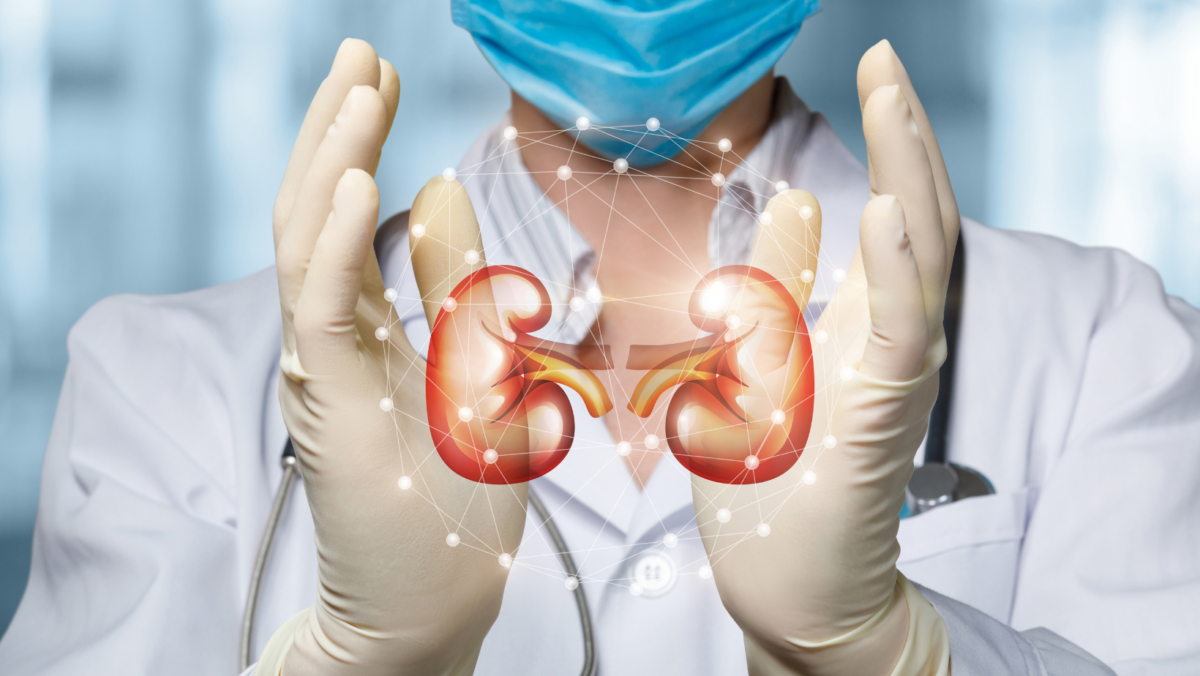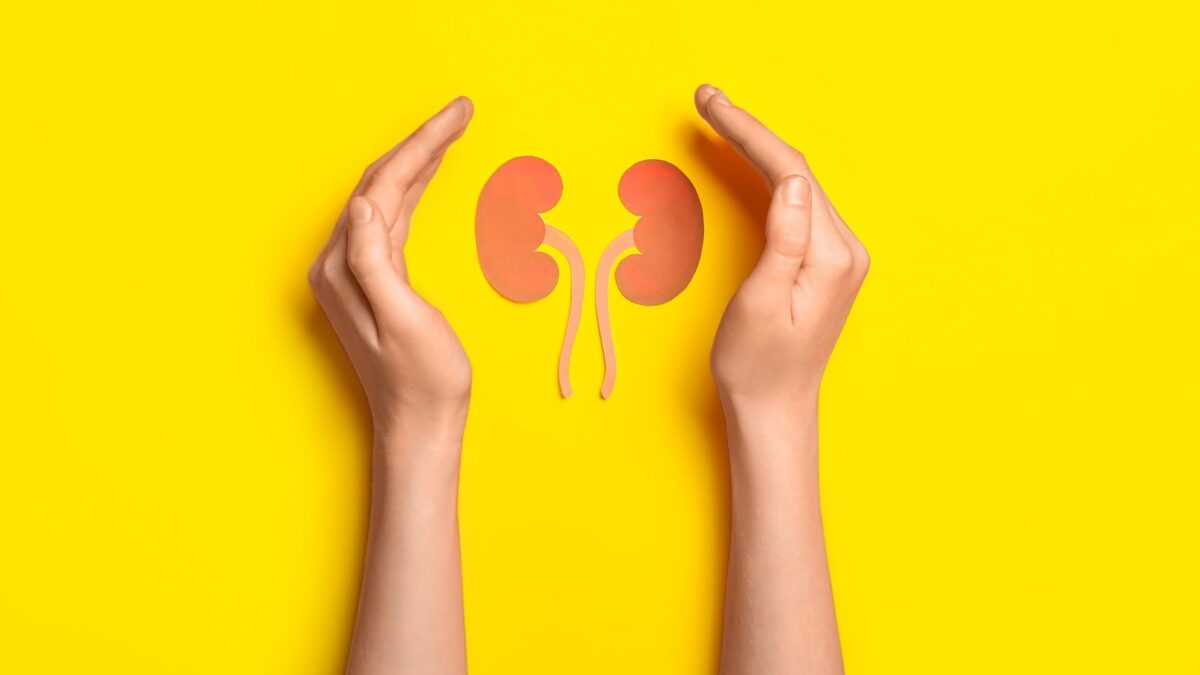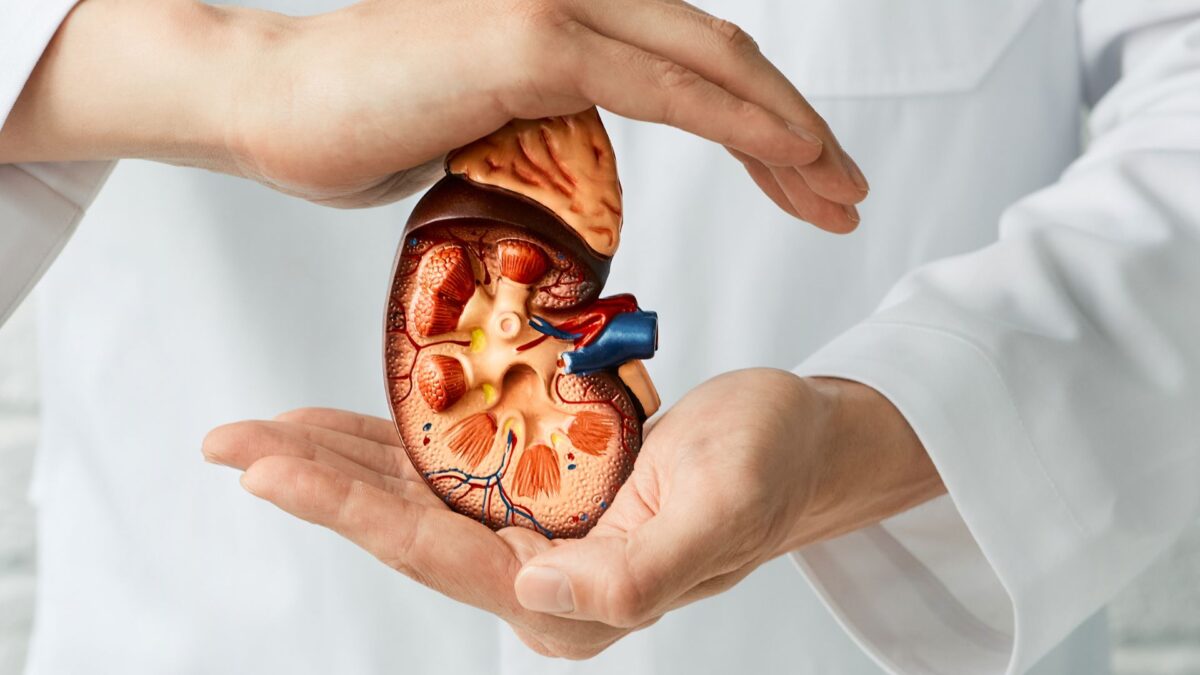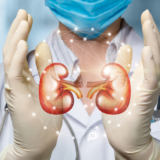Chronic kidney disease (CKD) presents a significant health challenge for millions of individuals worldwide. From managing symptoms and undergoing dialysis to exploring treatment options such as transplantation, the journey with kidney disease can be arduous and emotionally taxing. However, amidst the challenges, there exists a remarkable spirit of resilience—a determination to not only survive but thrive despite the obstacles. In this article, we celebrate the resilience of individuals facing kidney challenges and explore ways to cultivate a mindset of strength and perseverance.
Understanding Kidney Challenges
The kidneys play a vital role in maintaining overall health by filtering waste products and excess fluids from the blood, regulating blood pressure, and producing hormones that control red blood cell production and bone health. When the kidneys are compromised due to disease or injury, these essential functions are disrupted, leading to a range of health complications and challenges.
Embracing Resilience
Resilience is the ability to adapt and bounce back in the face of adversity. For individuals living with kidney challenges, resilience takes on a profound significance—it’s the inner strength that enables them to face each day with courage and determination. It’s the belief that, despite the obstacles, there is still hope for a brighter future.
Cultivating Resilience
While resilience may come naturally to some, it’s a quality that can be cultivated and strengthened over time. Here are some strategies for fostering resilience in the face of kidney challenges:
1. Seek Support: Surround yourself with a supportive network of family, friends, and healthcare professionals who understand and empathize with your journey. Sharing your experiences and feelings with others can provide comfort and encouragement during difficult times.
2. Focus on Wellness: Prioritize your physical and emotional well-being by adopting healthy lifestyle habits such as regular exercise, balanced nutrition, adequate sleep, and stress management techniques. Taking care of your body and mind can help you feel stronger and more resilient.
3. Set Realistic Goals: Break down your long-term goals into smaller, achievable steps. Celebrate each milestone along the way, no matter how small, and acknowledge your progress. Setting realistic goals helps maintain motivation and a sense of accomplishment.
4. Practice Gratitude: Cultivate an attitude of gratitude by focusing on the positive aspects of your life, even amidst the challenges. Take time each day to reflect on the things you are grateful for, whether it’s supportive relationships, moments of joy, or personal strengths.
5. Stay Informed: Educate yourself about your condition and treatment options. Knowledge empowers you to make informed decisions about your health and treatment plan, giving you a sense of control and agency over your life.
Renal Resilience in Action
Despite the challenges posed by kidney disease, many individuals have demonstrated remarkable resilience and perseverance. From advocating for better healthcare policies to raising awareness about kidney health, these individuals inspire us with their courage and determination to make a difference in the world.
In Conclusion
Renal resilience is a testament to the human spirit’s capacity to overcome adversity and thrive in the face of challenges. By embracing resilience and cultivating a mindset of strength and perseverance, individuals facing kidney challenges can navigate their journey with courage and hope. Together, let us celebrate the resilience of those living with kidney disease and support each other on the path to thriving beyond kidney challenges.












